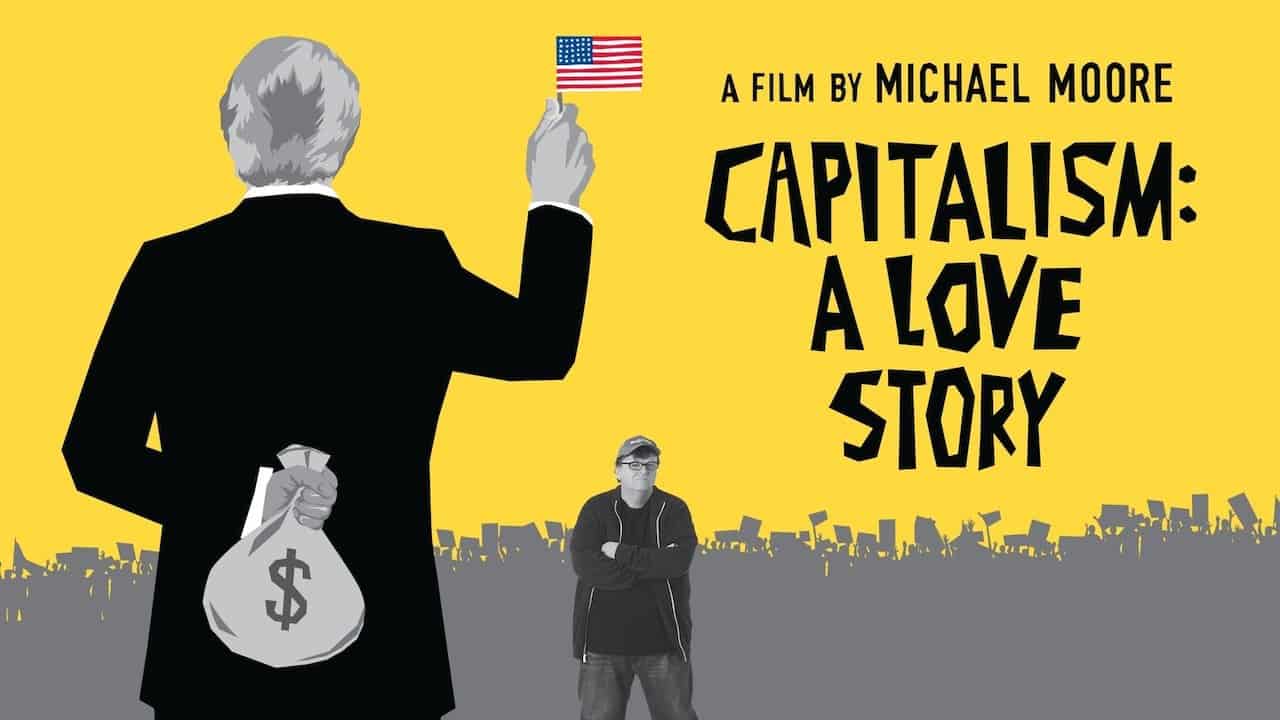

What sort of industries or products are we talking about? Who traffics in limbic capitalism? David T. So I’m not anti-capitalism, but I am calling attention to a certain species of capitalism that cultivates addictive behavior for profit. There is a certain class of brain-rewarding products that lead to a form of pathological learning that we call addiction, and it’s that branch of capitalism that is especially dangerous. It’s a force for human progress.īut I think of limbic capitalism as capitalism’s evil twin, a really cancerous outgrowth of productive capitalism.
#CAPITALISM II TURN OFF TECHNOLOGY FREE#
I make a distinction between ordinary capitalist enterprises like companies that sell people rakes or plows or nails or whatever - there’s absolutely nothing wrong with that, and, in fact, the free market is very good at distributing those goods. I hear this sort of point all the time, and my answer is that it’s not quite right. It seems to me that capitalism runs on the addictions of consumers, has always run on the addictions of consumers, and therefore this isn’t all that revelatory. But what’s happened in the last 100 years or so is that more of these commercial strategies come from highly organized corporations that do very sophisticated research and find more ways to market these addictive goods and services. Now, people have always peddled products that are potentially addictive. The short answer is that companies offer products that will produce a burst release of dopamine in a way that conditions and ultimately changes the brain and develops certain addictive behaviors, which is to say behaviors that are harmful. And yet that same system is now susceptible to hijacking by corporate interests in a way that actually works against your long-term survival prospects.

You couldn’t live without your limbic system and you couldn’t reproduce without it, and that’s why it has evolved. It’s a reference to the limbic region of your brain, which is the part of your brain that deals with pleasure, motivation, long-term memory, and other functions that are crucial for survival. Sean IllingĪnd where does that word “limbic” come from? David T. In fact, you could make that even stronger and say not only do they encourage it but now they’ve reached the point where they’re actually designing it. Well, limbic capitalism is just my shorthand for global industries that basically encourage excessive consumption and even addiction.

What does it mean and why should people be aware of it? David T. “Limbic capitalism” is a strange phrase at the center of your book. I spoke to Courtwright about the problems this has created, why the battle against limbic capitalism is seemingly endless, and if he thinks we’re destined to live in a consumerist dystopia.Ī lightly edited transcript of our conversation follows.

We’ve always had some form of limbic capitalism, Courtwright says, but the methods are much more sophisticated now and the range of addictive behaviors are much wider than they used to be. Think, for example, of all the apps and platforms specifically designed to hijack our attention with pings and dopamine hits while harvesting our data. As our understanding of psychology and neurochemistry has advanced, companies have gotten better at exploiting our instincts for profit. What we have is something Courtwright calls “limbic capitalism,” a reference to the part of the brain that deals with pleasure and motivation. Courtwright, called The Age of Addiction: How Bad Habits Became Big Business, tries to answer these questions in a fascinating history of corporate America’s efforts to shape our habits and desires. But what happens when marketing becomes active manipulation? More precisely, what happens when companies use science and technology not only to refine our pleasures but to engineer addictive behaviors?Ī 2019 book by University of North Florida historian and addiction expert David T. So it’s not surprising that businesses do everything they can to convince people to buy whatever they’re selling. Companies make and sell products and those products have to be consumed by as many people as possible - that’s what makes the whole thing work. Capitalism is great at making people want things they don’t need.Īnd of course this is what we should expect from a system that runs on production and consumption.


 0 kommentar(er)
0 kommentar(er)
